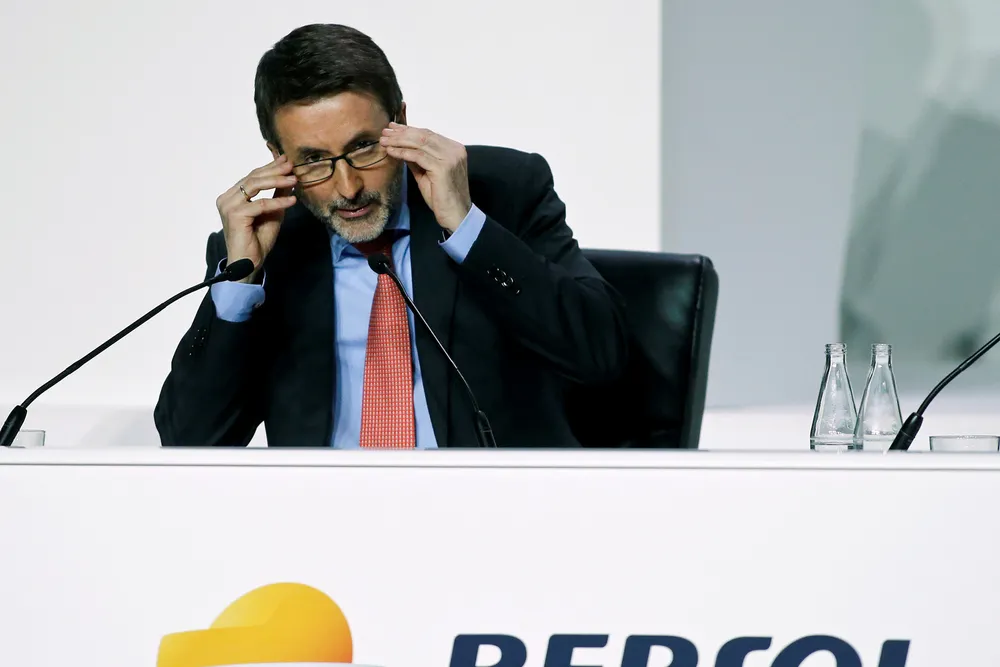Repsol to reveal strategic update in first quarter 2024
Spanish energy giant boosts upstream production but income slumps as commodity prices come off last year's highs

Spanish energy giant boosts upstream production but income slumps as commodity prices come off last year's highs
